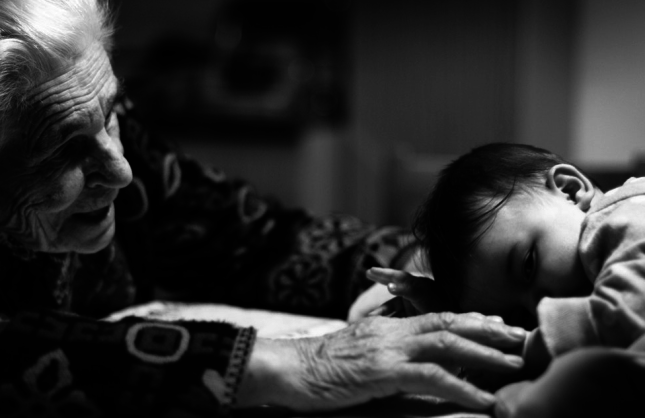-
The Juggling Act of Caregiving: Balancing Career, Health, and Gender Roles (New Report)
March 26, 2019 By Nazra Amin
“Caregiving for the young, elderly, sick, and disabled is a necessary part of human existence, but is often undervalued and excluded from policy agendas.” –The Juggling Act of Caregiving: Balancing Career, Health, and Gender Roles
In The Juggling Act of Caregiving: Balancing Career, Health, and Gender Roles, Sarah B. Barnes, Project Director of the Maternal Health Initiative, describes the role of, the trends surrounding, and the challenges associated with caregiving in the United States.
Caregiving can be classified as either formal or informal work, Barnes writes. The main difference is that formal workers are adequately compensated for their efforts. In the United States, there are more than 40 million informal, or unpaid, caregivers. Two-thirds of them are women. These women often are not only taking care of children, but are also caring for elderly parents. Because they provide support for two distinct generations, these caregivers are sometimes referred to as the sandwich generation. With a large portion of the U.S. population aging into retirement, the need for caregivers will only grow in the coming years.
The Juggling Act of Caregiv… by on Scribd
The report explains the many challenges associated with balancing one’s career and caregiving role. In general, women balance both paid employment outside of the home and unpaid care within it. In fact, Barnes reports that many women work full-time jobs and an additional 20 hours of caregiving per week. Furthermore, caregivers also face long-term financial costs as they often have to work fewer hours, take paid leave, or give up work altogether. This results in reduced pensions and retirement funds, making life more difficult for these individuals in their old age.
The act of caregiving heavily impacts the health of the caregiver, both physically and mentally. Barnes cites an estimated 20 percent of informal caregivers who suffer from depression. This is twice the rate of the general population and is likely due to the time-consuming, emotionally demanding nature of this job. Caregivers tend to not make time to take care of themselves, which only further exacerbates the existing stress. For many of these caregivers the work does not stop in old age, with many of these individuals continuing to care for their spouses, children, and grandchildren well into retirement. All of these factors make caregivers more vulnerable to chronic illnesses like high blood pressure and obesity.
Although many challenges face caregivers in the United States, this report highlights that with supportive policies and the help of the millennial generation, the future looks bright. Barnes explains that policies such as maternity protection legislation and non-transferable parental leave can both ease the caregiving stress and support women’s economic empowerment. Millennials are evenly dividing up caregiving responsibilities by gender, more than any generation in the past. If the right steps are taken to increase the societal value placed on caregiving, it can become an extremely rewarding experience that benefits all parties involved.
Read more:
- How a healthcare company is helping tackle unpaid carers’ health problems
- A government-based approach to solving the problems created by caregiving
- More countries want to invest in caring. Here’s how they should do it
Sources: Embracing Carers
 A Publication of the Stimson Center.
A Publication of the Stimson Center.



